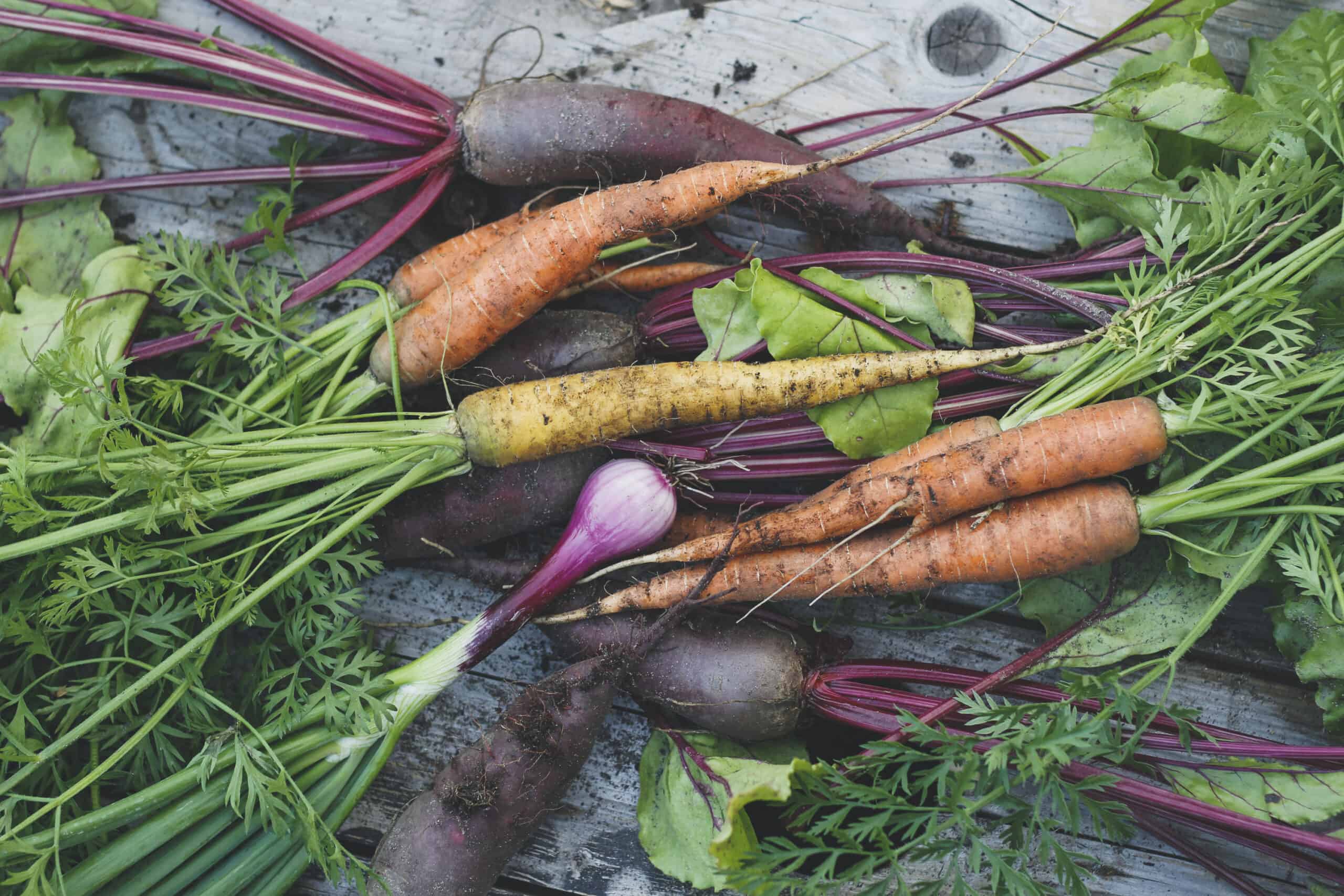
“I’m almost religious about going to my local farmers’ market when I’m in London, which drives my husband bonkers because he finds it so boring,” said Thomasina to an audience of Millennials and Gen Zs. “But I am convinced that all of us have the power to change and help shape the world – not just for us, but for future generations by what food we choose to buy and how we choose to eat it.”
Thomasina, or Tommi, as she is better known, is passionate about food, falling in love with the incredible flavours conjured up by passionate street food vendors on her travels to Mexico when she was 18. When she returned to Mexico a few years later she began hatching a plan for how she could show people in the UK how vibrant and delicious Mexican food really was. In 2007, two years after winning MasterChef, alongside her business partner she opened the first Wahaca in Covent Garden, London. Today, there are 14 restaurants throughout the UK.
“Not so long ago, cheap tequila shots, mind-numbing spices and greasy tortilla chips were what sprang to mind when Britain went out for a ‘Mexican’. At Wahaca we wanted to shake things up,” said Thomasina. “We wanted to create a sustainable restaurant business that was ageless and classless. Everyone should eat with their hands (or their forks if they really want to) and get stuck in and be social – knowing the food they are eating isn’t costing the earth in the process.”
From the very beginning, Wahaca was recycling food waste and sending it off to make compost, minimising energy use, diverting hot air from fridges and freezers to heat water and, later on, putting the carbon impact of each dish on the menus. “We wanted to grow a company that could make profits, but not at any cost,” said Thomasina. “Sustainability was key.”
Enriching the quality of our soil is a passion for Thomasina. As leading farming experts discussed in Weatherbys Future of Farming Forum, the aftermath of World War II and the subsequent Dig for Victory campaign exhausted the UK’s once-rich soil.
Thomasina said: “We’ve all heard about the destruction of the dung beetle or the earthworm. Our very existence depends on an incredibly intricate, complex and beautiful ecosystem that mainly goes on underneath our feet in the soil.”
An advocate of regenerative farming methods to enrich the soil, Thomasina worries that there is often too much focus on carbon footprint that fails to get to the root of the issue. “You hear a lot of big businesses and politicians talking about carbon all the time. But I would argue that if you forget about soil, how we grow food and how we eat food, then we have just as much of a problem. We depend on soil; 95% of the food we eat grows in it, if we kill our soil, in the end we will no longer be able to grow the food we so take for granted” she added.
Thomasina highlighted how the definition of food is “any substance consumed by an organism for nutritional support” but how we are forgetting the nutritional piece, with multinationals dominating the food chain. “Food sold in the commodity exchange work, for instance, is only sold for yield, that is the weight of the wheat. It’s not sold for its nutritional value,” she said.
“I would argue that the UK has the worst diet of all in Europe. More than half of our shopping basket is now ultra-processed food, which has real ramifications. Ultra-processed food has no nutrition at all. It is made up of mono-crops – wheat, soy and corn – which are grown using huge amounts of pesticides, fungicides, herbicides and nitrates, all of which are a massive disruption to the planet. It is causing a huge health crisis and damaging our economy to the tune of billions of pounds every year.”
Thomasina is a trustee of Chef in Schools, the charity on a mission to employ professional chefs to improve the quality of school meals. “One of our mantras is teaching how to eat better and eat more vegetables – and less meat. And it’s an incredibly exciting charity. We have been in 100 schools within four short years, and we’re going to be in 1,000 schools over the next four,” said Thomasina. “Put one chef in every school kitchen and you can transform the food of the entire school with children no longer having to eat just beige food.”
“The school dinners from Chef in Schools are richer in nutrients but are low-cost alternatives to the popular school dinner fare of chicken nuggets and chips,” says Thomasina. Not that she is against fast food completely – she admits to not eating healthily all of the time – but she is calling for people to help themselves by thinking about what they eat and where they buy it from.
“Even if it’s going to a farmers’ market once a month, talking to the producer who makes your food and knowing that if you’re buying food from them, maybe, just maybe, they’ll be looking after the earth they’re growing their food in. If not, you’ll likely be buying from a multinational company that is probably more interested in profit,” said Thomasina.
